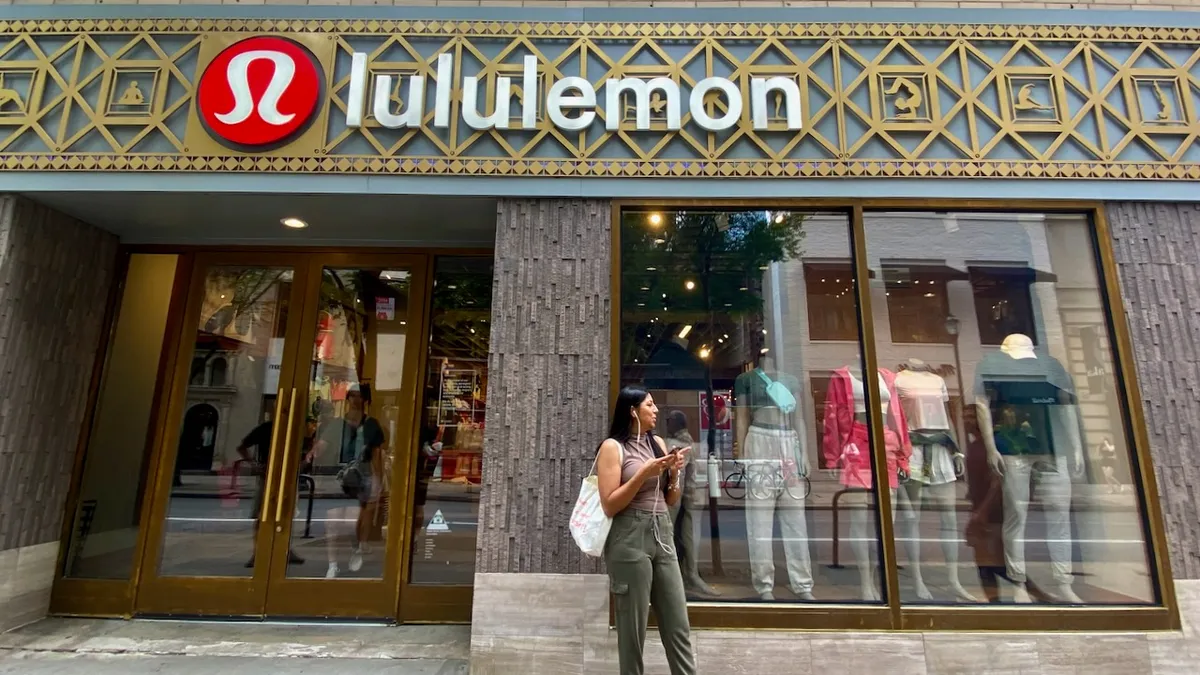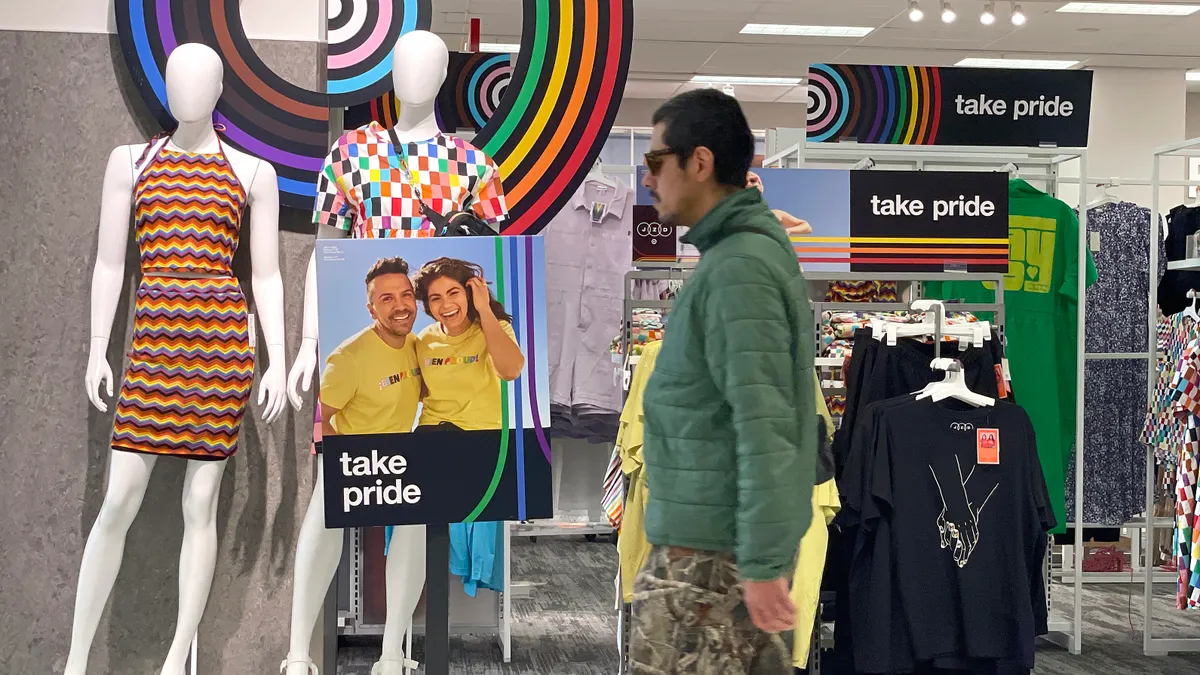Dive Brief:
- More than two-thirds of consumers in the U.S., Australia and the United Kingdom are willing to pay an average of 25% more for their favorite brands, according to a UserTesting survey released last month.
- Positive customer experiences, consistent product quality and long-term brand familiarity drive greater loyalty, according to UserTesting.
- “Price matters, but it’s not everything,” Bobby Meixner, senior director of industry solutions, said in a prepared statement. “In today’s market, customers stay loyal when brands create experiences that feel personal, reliable and rewarding.”
Dive Insight:
As businesses navigate a tumultuous economic environment, evidence continues to mount that consumers value more than price alone and will stay loyal to brands they love even as prices rise.
“During periods of financial strain, consumers are less willing to take chances. They’re focused on value and experience — and they’re willing to spend more if they trust a brand to consistently deliver on its promise,” Meixner said.
UserTesting, with support from Talker Research, surveyed 4,000 people in the U.S., Australia and the United Kingdom for the study, including 2,000 people in the U.S.
The survey found that 4 in 5 U.S. consumers can name at least one brand they feel loyal to, with the average person remaining loyal to six brands.
Consumers said they were most loyal to grocery and food, clothing, footwear, phone and electronics brands.
Nearly three-quarters of U.S. consumers said they would buy their favorite brands, even if prices “skyrocket tomorrow.” Shoppers were willing to pay the highest price increases for gaming, jewelry and watches, and fitness brands.
“However, Americans do have limits; they say they might consider switching brands if a competitor offers a superior product or if their preferred brand stops delivering value,” the study found.
It also found that brands can boost customer loyalty by appealing to nostalgia, with 71% of U.S. consumers saying they’re more likely to buy from brands associated with their childhood memories.
However, although nostalgia can help brands connect with consumers, the study found that the “everyday experience” matters most.
“For brands looking to build long-term customer relationships, the lesson is simple: invest in customer experience, maintain consistent quality, and engage authentically with your audience. Those that do will create customers for life,” UserTesting said.












